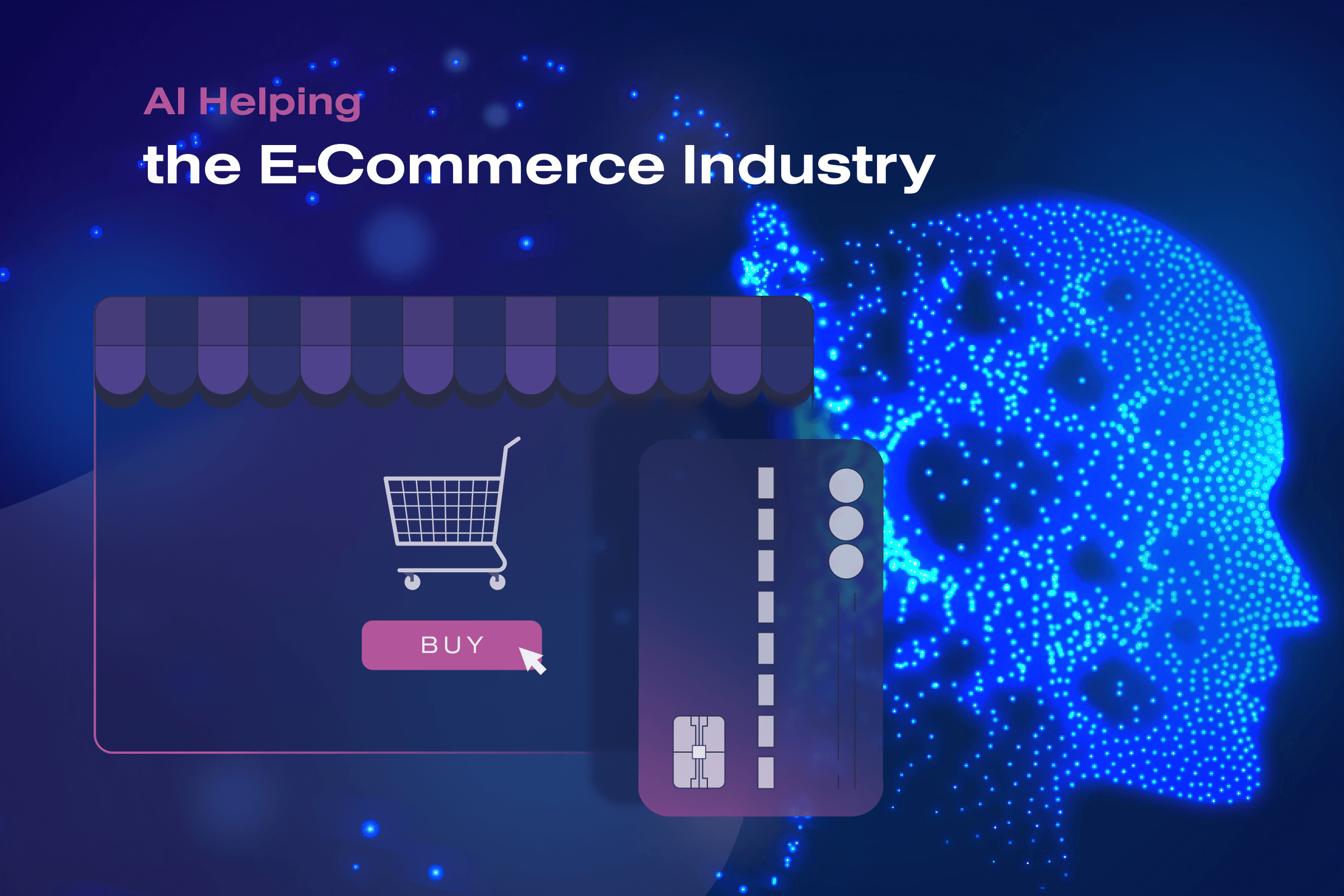
The AI Revolution in Retail & E-Commerce: How Machines are Selling Smarter Than Ever
Retail and e-commerce have always been about one thing: understanding and serving customers better. But let’s face it; humans have their limits. Enter Artificial Intelligence (AI), the ultimate salesperson that never sleeps, never takes a lunch break, and never misreads a customer’s mood. From predicting buying trends to automating warehouses, AI is reshaping the retail landscape at lightning speed. But, as with any technological revolution, the road to AI-driven success is filled with both triumphs and challenges.
AI in Action: Real-World Case Studies
-
Personalized Shopping: Because One-Size-Fits-All is So Last Season
AI is revolutionizing personalization by analyzing customer data, predicting preferences, and tailoring recommendations that feel eerily spot-on.
Case Study: Amazon’s Recommendation EngineAmazon, the undisputed e-commerce giant, uses AI-powered recommendation algorithms to drive nearly 35% of its total revenue. By analyzing a user’s browsing history, purchase behavior, and even what’s sitting in their abandoned cart, Amazon curates personalized product suggestions that keep shoppers clicking ‘Add to Cart.’ The result? More sales, happier customers, and a slightly emptier wallet.
-
Chatbots and Virtual Assistants: The Future of Customer Service
Nobody enjoys waiting on hold for customer support. AI-powered chatbots and virtual assistants now handle inquiries 24/7, responding instantly and efficiently.
Case Study: Sephora’s Virtual Beauty AssistantSephora’s chatbot, available on Facebook Messenger, offers beauty advice, product recommendations, and even virtual makeup trials. Not only does it improve customer engagement, but it also increases sales conversions by making the shopping experience interactive and fun.
-
AI-Powered Inventory Management: Goodbye, Stock Shortages!
Keeping track of inventory used to be a guessing game, but AI-powered demand forecasting is making stockouts and overstocking a thing of the past.
Case Study: Walmart’s AI-Powered Stock ManagementWalmart uses AI to predict demand and optimize inventory across its vast network of stores and warehouses. AI analyzes weather patterns, social media trends, and even local events to anticipate shopping needs. If a sudden snowstorm is predicted, Walmart ensures that shelves are stocked with winter essentials before the first flake even falls.
-
AI in Visual Search: Shop What You See
Have you ever seen a great outfit online but had no idea where to buy it? AI-powered visual search is changing that.
Case Study: Pinterest’s Lens TechnologyPinterest’s Lens feature allows users to snap a photo of an item and find visually similar products available for purchase. This feature has revolutionized the way shoppers discover new products, driving higher engagement and sales for retailers.
Challenges: When AI Hits a Roadblock
Despite its many successes, AI in retail isn’t without its hurdles:
- Data Privacy Concerns – AI thrives on data, but customers are increasingly concerned about how their personal information is being used. Striking the balance between personalization and privacy is a major challenge.
- AI Bias and Fairness – If AI models are trained on biased data, they can reinforce stereotypes or unfair pricing models, leading to negative consumer sentiment and even legal repercussions.
- High Implementation Costs – AI-powered solutions require significant investment, which can be a barrier for small businesses.
- Technical Glitches – AI isn’t perfect. Chatbots can misunderstand questions, recommendation engines can get it hilariously wrong, and predictive analytics sometimes miss the mark.
Success Stories: AI Wins in Retail & E-Commerce
- Nike’s AI-Powered Sneaker Customization – Nike uses AI to offer personalized sneaker designs based on customer preferences, making shopping feel exclusive and unique.
- H&M’s AI Trend Forecasting – The fashion giant analyzes Instagram trends, celebrity fashion choices, and real-time sales data to stay ahead of style shifts.
- Zara’s AI-Powered Supply Chain – AI helps Zara reduce waste and restock popular items faster, making its fast-fashion model even more efficient.
The Future of AI in Retail: What’s Next?
Looking ahead, AI’s role in retail and e-commerce will only grow. Some exciting innovations on the horizon include:
- AI-Generated Fashion Designs – Brands are using AI to create new clothing designs based on past trends and consumer feedback.
- Automated Checkout Systems – Say goodbye to long checkout lines with AI-driven cashier-less stores, like Amazon Go.
- Emotion AI – Retailers are experimenting with AI that reads facial expressions to gauge customer satisfaction in real time.
So, is AI, a Retailer’s Best Friend or Just Another Trend?
AI isn’t just a passing fad; it’s a game-changer that is already redefining how retailers and e-commerce giants operate. Those who embrace AI will find themselves at the forefront of innovation, while those who ignore it may struggle to keep up in an increasingly digital world. Whether it’s chatbots making customer service seamless or algorithms predicting fashion trends before they go viral, AI is transforming the way we shop. The real question isn’t whether AI will change retail — it’s how fast businesses can adapt to stay ahead.
What do you think? Have you encountered AI-driven shopping experiences that impressed or frustrated you? Share your thoughts!








